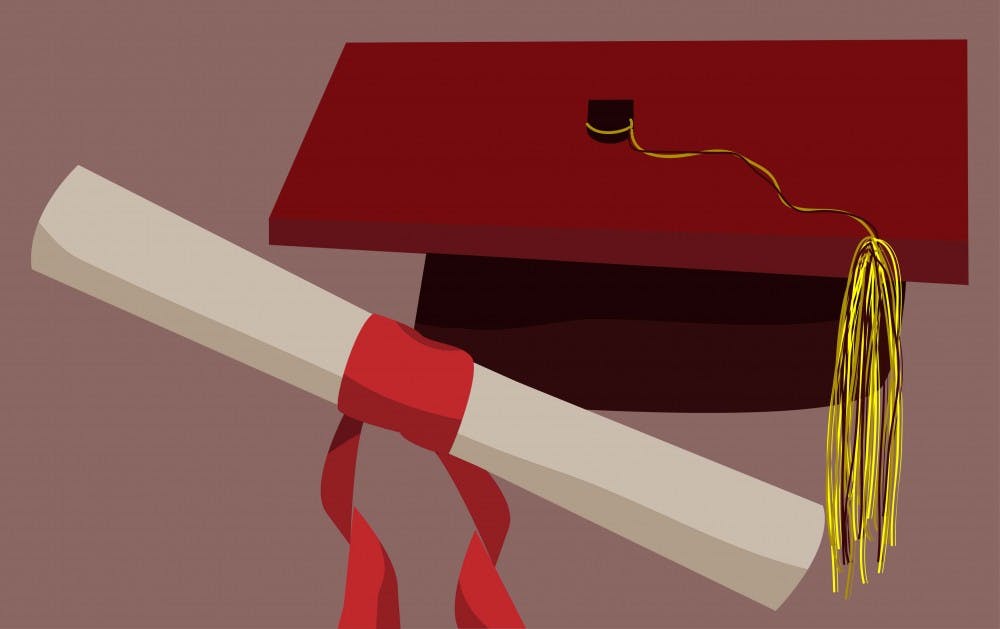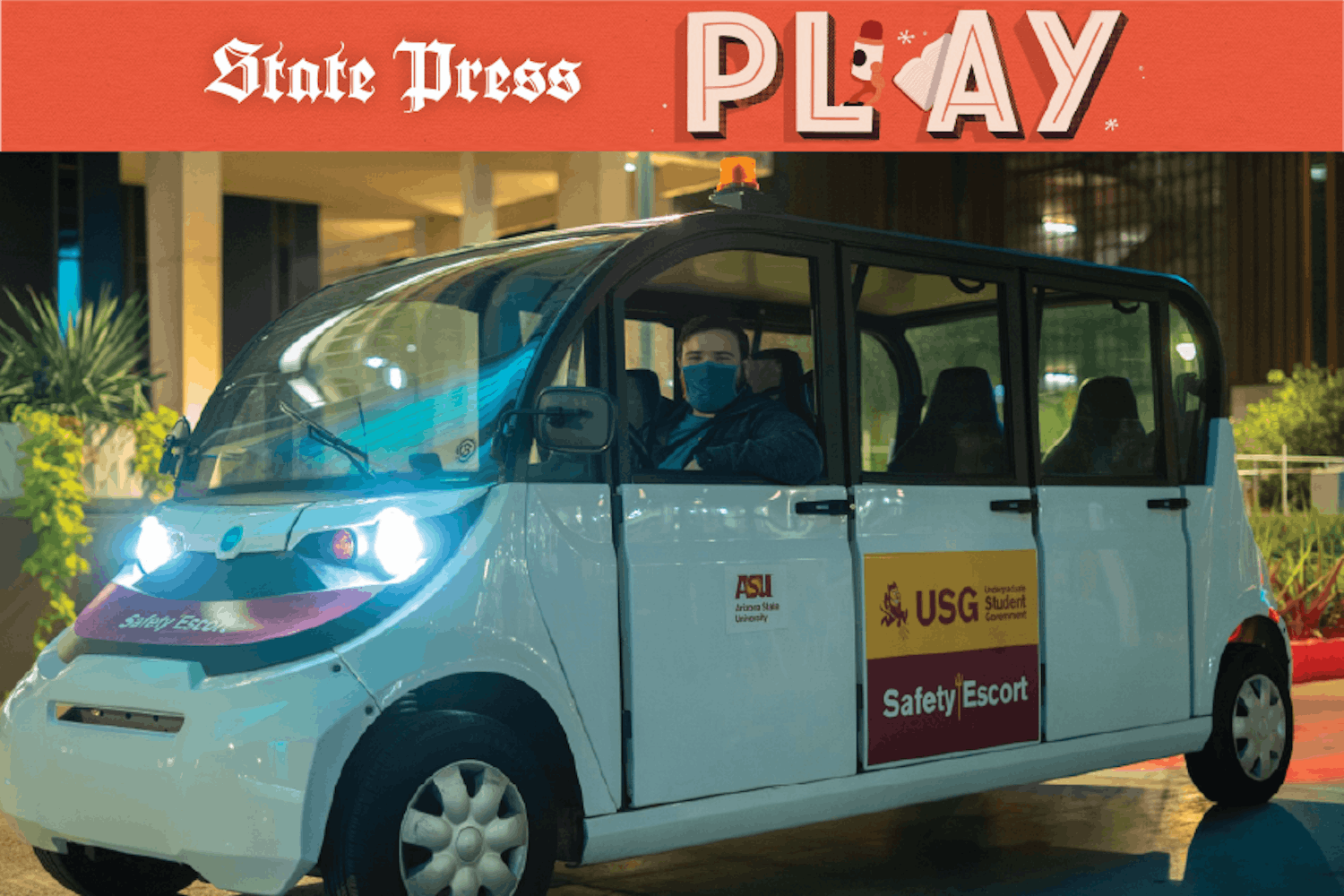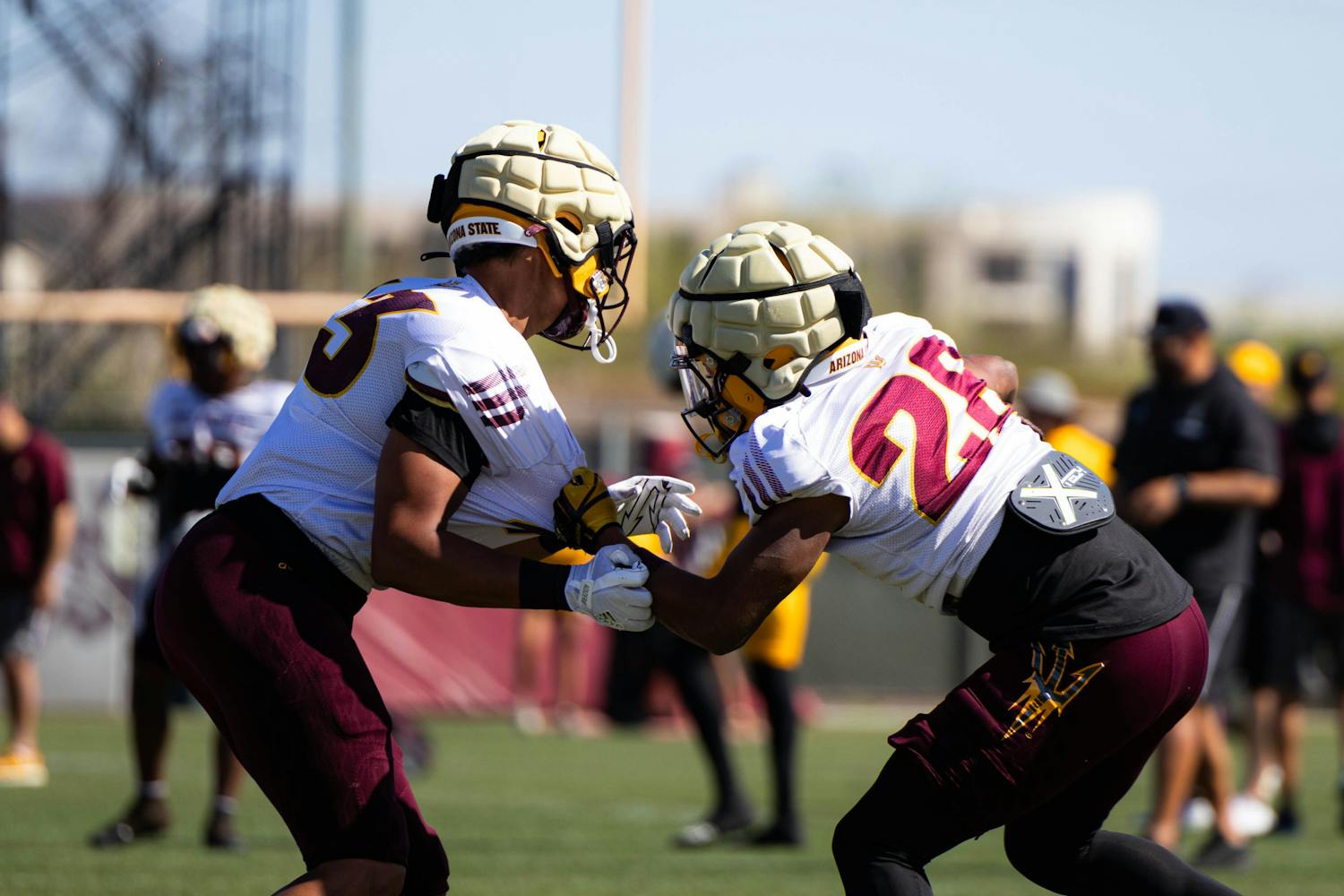Those interested in learning more about or pursuing a career in disability services will be able to major or minor in disability studies at ASU starting in the fall 2019 semester.
Majia Nadesan, an ASU professor in the School of Social and Behavioral Sciences, will be teaching disability studies and communication advocacy in the fall program. She said the program will take a humanistic approach to helping students understand the concepts of ability and disability as social constructs.
The courses in these programs will be taught primarily on the West campus through the New College of Interdisciplinary Arts and Sciences, with a few in Tempe.
Nadesan said that anyone could become disabled and then under federal and state law fit the definition of having a disability, but "this program explores what disability means in terms of legal, social, economic and cultural aspects."
She said the faculty will teach from diverse perspectives, including the humanities and the social sciences. Nadesan will focus on teaching the communication aspect of disability studies.
“Today, people who experience disabilities use the internet and other forms of political activism to share their point of view and to try and persuade others to support their recommendations for policies to include people with disabilities more equitably in social life,” she said.
Theresa Devine is an associate professor in the New College of Interdisciplinary Arts and Sciences who will be teaching arts and aesthetics courses in the disability studies program.
Devine said that disabilities can either be invisible and cognitive, or visible and physical. She said the goal of the program is to discuss the broadness of the term "disability" and who it can apply to.
“The hope for the degree is that the scholarships that comes out of it will start to shift cultural perception and expand social norms,” Devine said.
Devine said disability studies will include courses on ethics, philosophy, art, linguistics and other interdisciplinary arts programs. She said students who are interested in the disability rights movement and creating awareness would be interested in the major and minor programs.
However, she said that all ASU students should have interest in the program because disability studies can be useful for everyone.
“Disability is something that touches all of our lives,” she said. “(People with disabilities) are the largest minority. One in five people in the United States is disabled.”
Patricia Friedrich, an associate dean at the New College of Interdisciplinary Arts and Sciences, will also be teaching disability studies classes in the fall.
“Disability, for us, includes all forms of disability, visible and invisible, permanent and temporary,” Friedrich said. “It is usually a category that we think to include any person that self-defines as having a disability.”
Friedrich stressed that mental and physical disability is a product of the environment, not the person.
“I am 5 feet 3 inches so if I was going up the stairs and each step was 4-foot tall, I would be disabled by the stairs,” Friedrich said. “There is something in the environment that is making it impossible for me, given my personal characteristics, to be enabled by that environment.”
Friedrich said she believes the new program will lead student to think critically about how people relate to and include each other.
“ASU’s charter is one of inclusion, and this is part of who we are as a university,” she said. “The major speaks directly to that purpose of inclusion and finding innovative ways to include.”
She encourages all ASU students to look into the program because disability studies can be applicable to a variety of careers.
“I cannot think of one area of knowledge where an understanding of disabilities would not be an advantage,” Friedrich said. “It is an opportunity to think as belonging together.”
Editor's note: The original header image in this story has been removed because it didn't accurately represent this story or people with disabilities.
Clarification: This article has been modified to more accurately explain the legal definition of a person with a disability.
Reach the reporter at hfoote1@asu.edu or follow @foote_hannah on Twitter.
Like State Press on Facebook and follow @statepress on Twitter.




